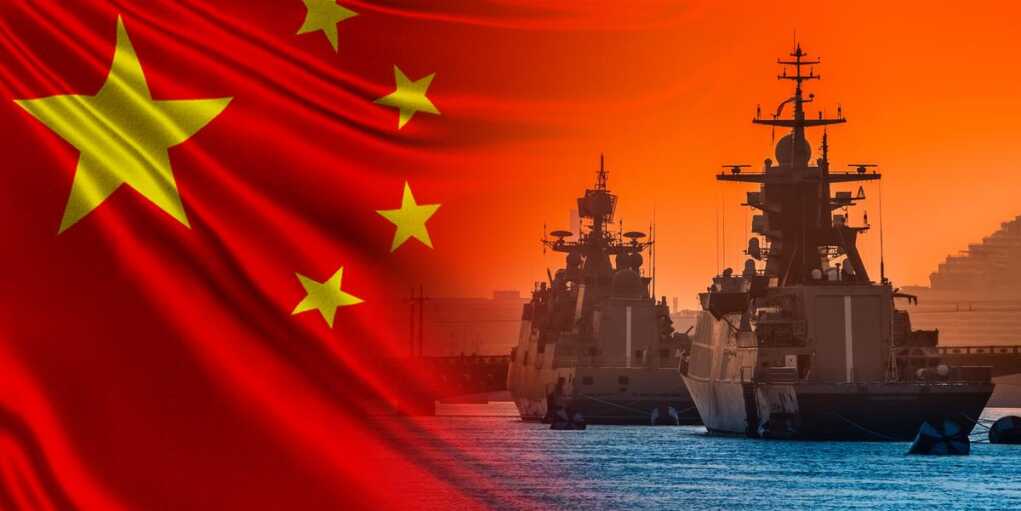China Inches Closer to Control of Global Shipping Lifeline

The collapse of a massive $23 billion port acquisition deal between U.S.-based BlackRock and Hong Kong’s CK Hutchison is triggering fears that China may gain even more control over critical global trade chokepoints—most notably, the Panama Canal.
The original deal, backed by the Trump administration, would have shifted ownership of 43 ports in 23 countries—including two vital terminals on either end of the Panama Canal—from CK Hutchison to a consortium involving BlackRock. But mounting Chinese pressure and Beijing’s demand for involvement from its state-owned shipping giant Cosco led CK Hutchison to let the exclusive negotiation period lapse.
Now, the door is open for China to directly insert itself into the restructured deal.
CK Hutchison, a company controlled by the family of Hong Kong billionaire Li Ka-shing, announced Monday that it’s “open to discussions” with Beijing about including a strategic Chinese investor in the new arrangement. That could potentially place Cosco in direct control of the canal’s busiest ports: Balboa on the Pacific side and Cristobal on the Atlantic. The ports have been operated by Hutchison since 1997.
The breakdown of the BlackRock deal is a geopolitical gut punch to Washington—and a win for China.
Former President Donald Trump had voiced strong support for the original deal, even going as far as proposing the U.S. “take back” the Panama Canal to blunt China’s rising influence. “China is operating the Panama Canal, and we didn’t give it to China—we gave it to Panama—and we’re taking it back,” Trump said recently.
Though Panama retains legal sovereignty over the canal itself, experts warn that port access at both ends of the waterway effectively determines who controls global traffic.
According to Dane Chamorro of Control Risks, China is likely to push for Cosco’s inclusion in exchange for backing off involvement in the Panama terminals. But that would still give China immense leverage. “Cosco is already a major global port holder,” Chamorro told Fox News Digital. “Adding the rest of Hutchison’s portfolio would make it the dominant global player.”
Even if Panama ports are kept out of Beijing’s hands for now, Cosco’s control over dozens of other terminals in Europe, Latin America, and Africa could still give China the ability to shape—and potentially disrupt—worldwide trade flows.
The original BlackRock deal was seen as a rare move by a Western firm to challenge China’s dominance in the port industry. U.S. companies have largely avoided large-scale port investments, leaving the field open to Chinese, Singaporean, and Hong Kong-based firms.
That absence, critics argue, is creating strategic vulnerabilities.
The episode also reflects how closely tied Hong Kong companies like CK Hutchison are to Beijing’s political priorities. What started as a purely commercial transaction quickly morphed into a geopolitical struggle, with Beijing signaling that approval of the deal hinged on direct Chinese involvement.
For Panama, the government insists it still maintains sovereignty over the canal itself, and that Hutchison’s port contracts don’t equate to Chinese control of canal operations. But with Cosco potentially stepping in, the lines between logistics and leverage may soon blur even further.

